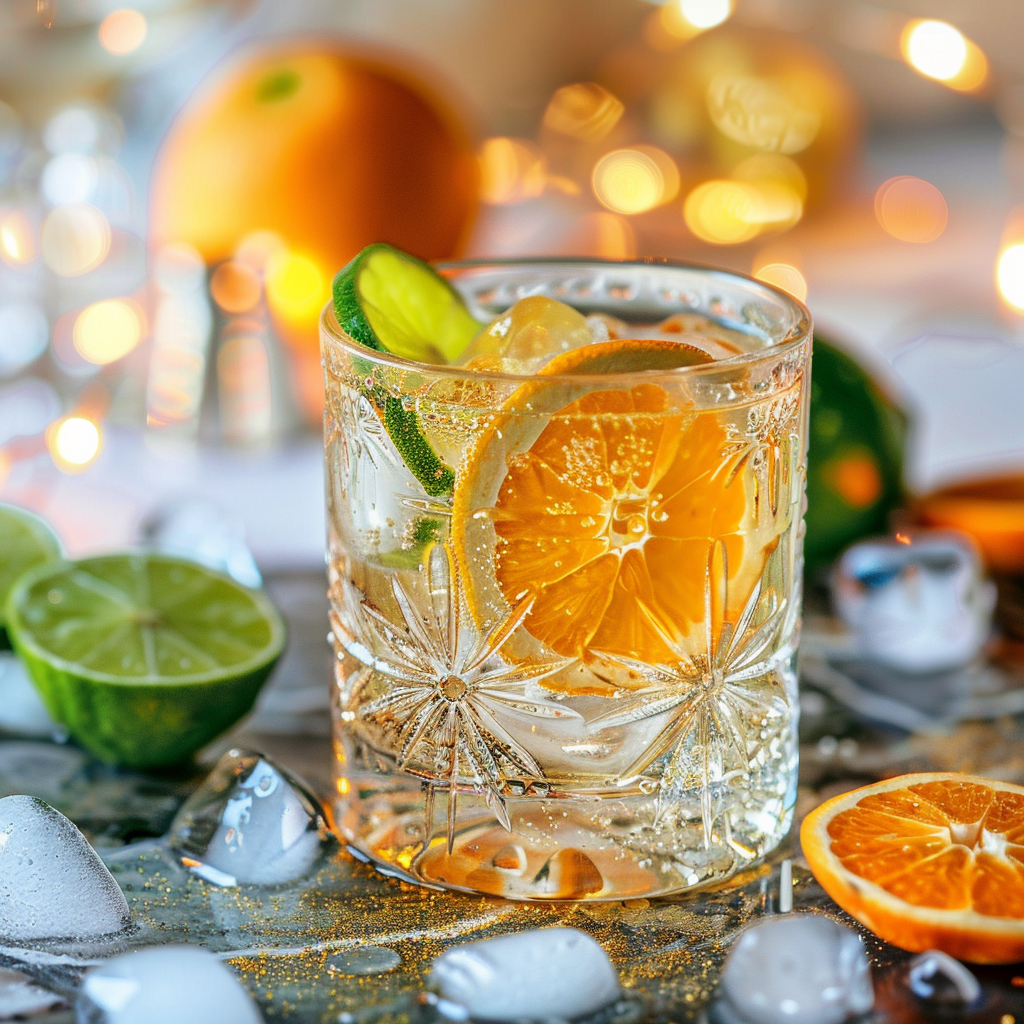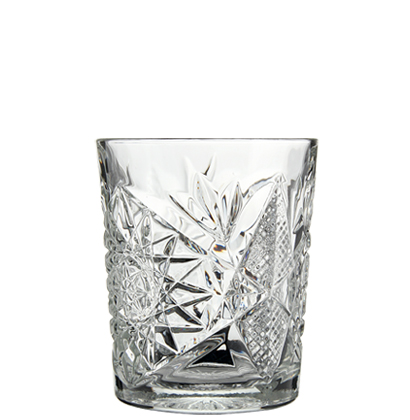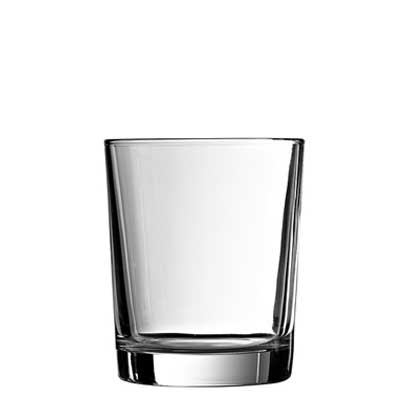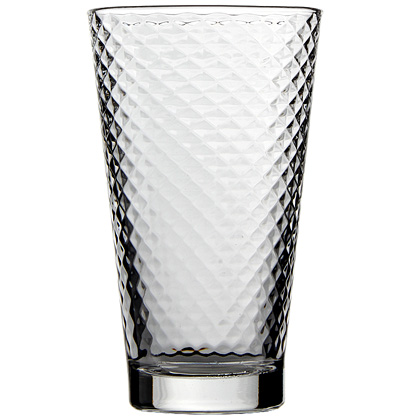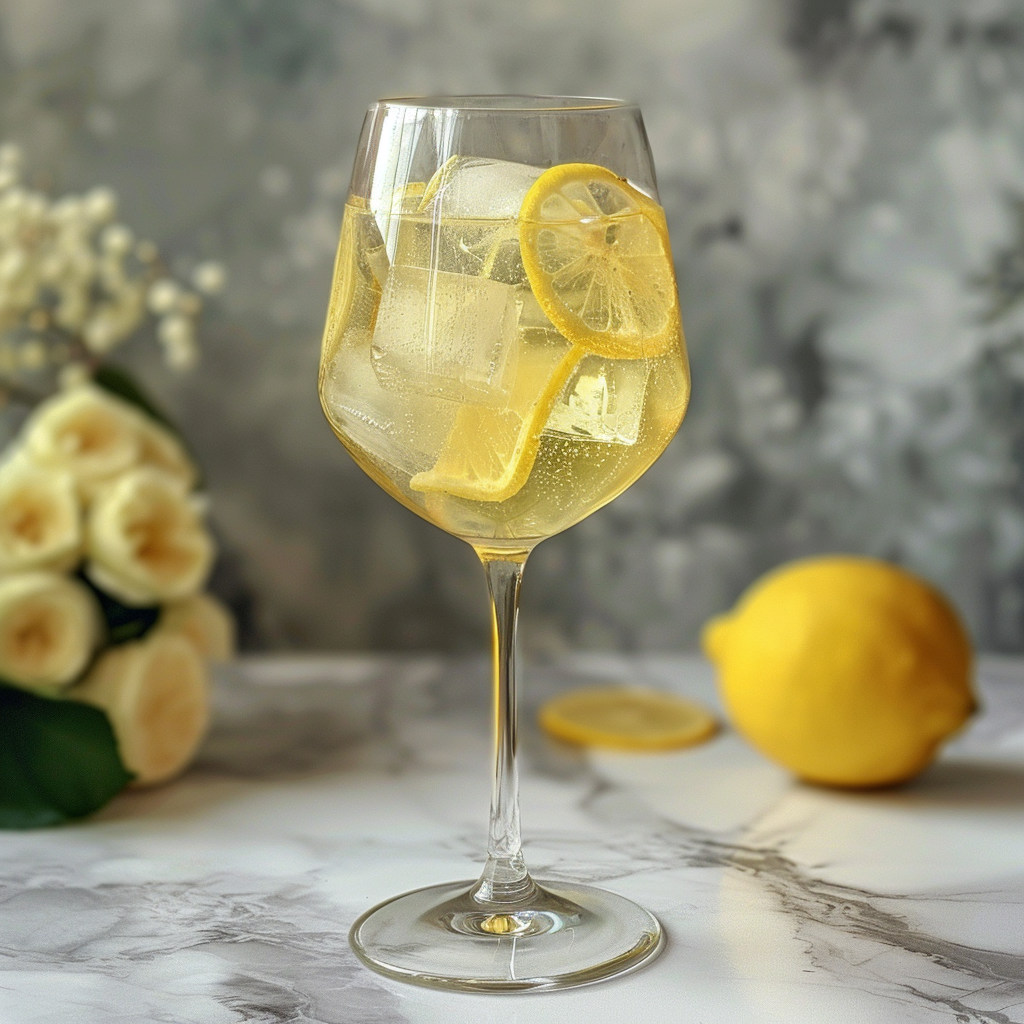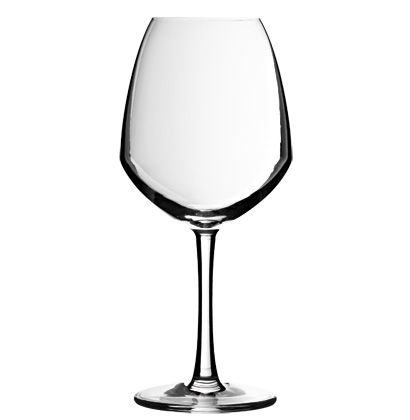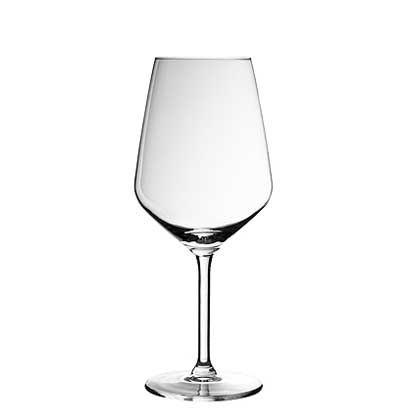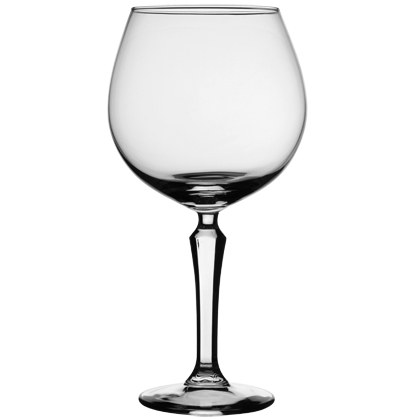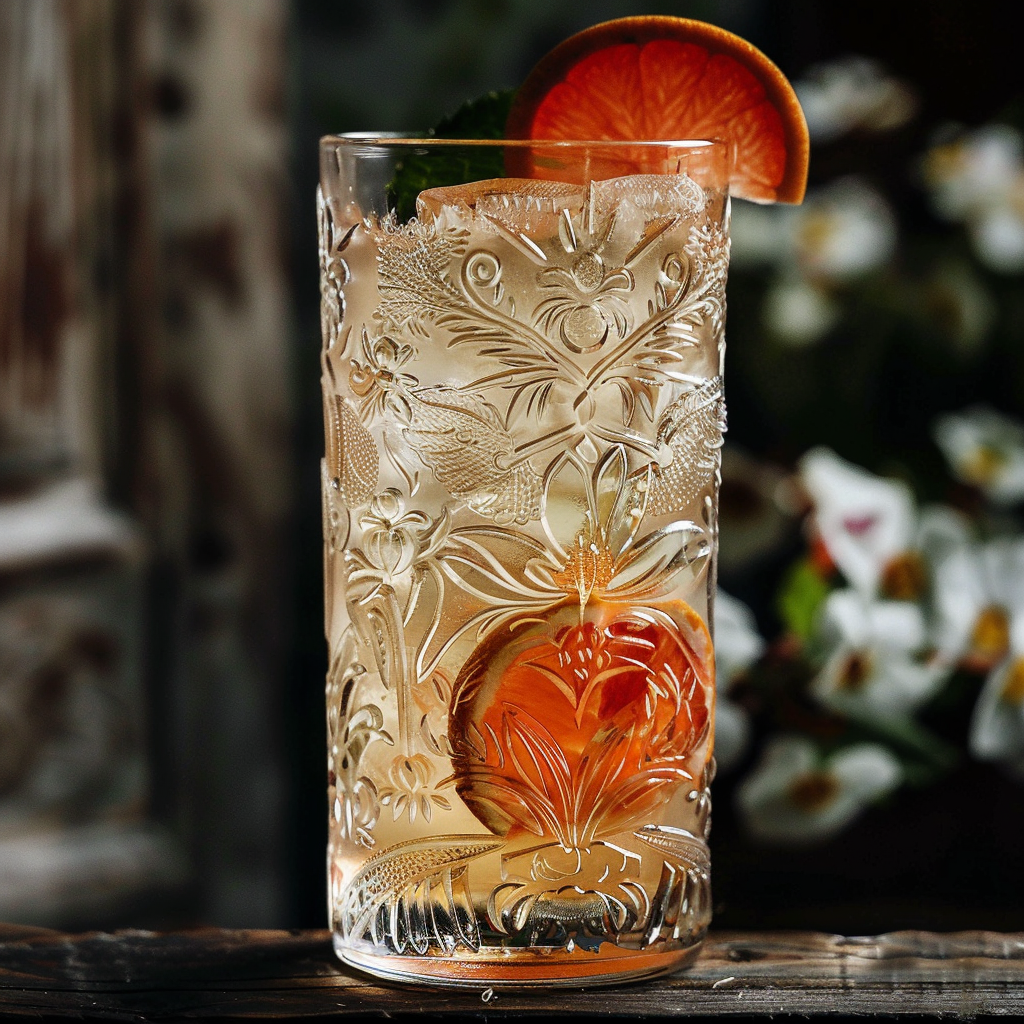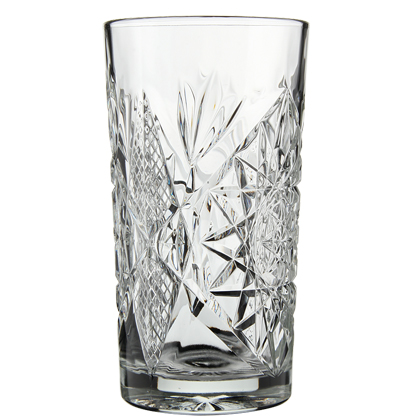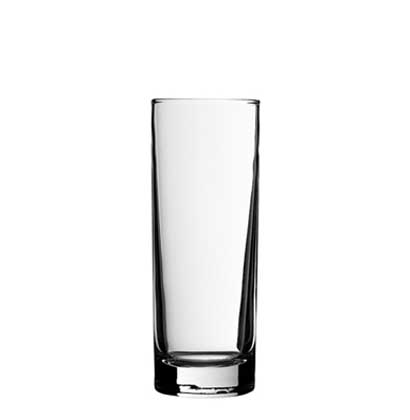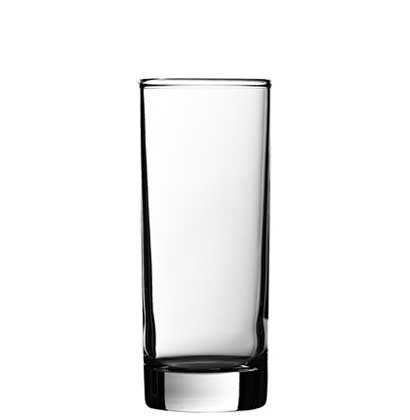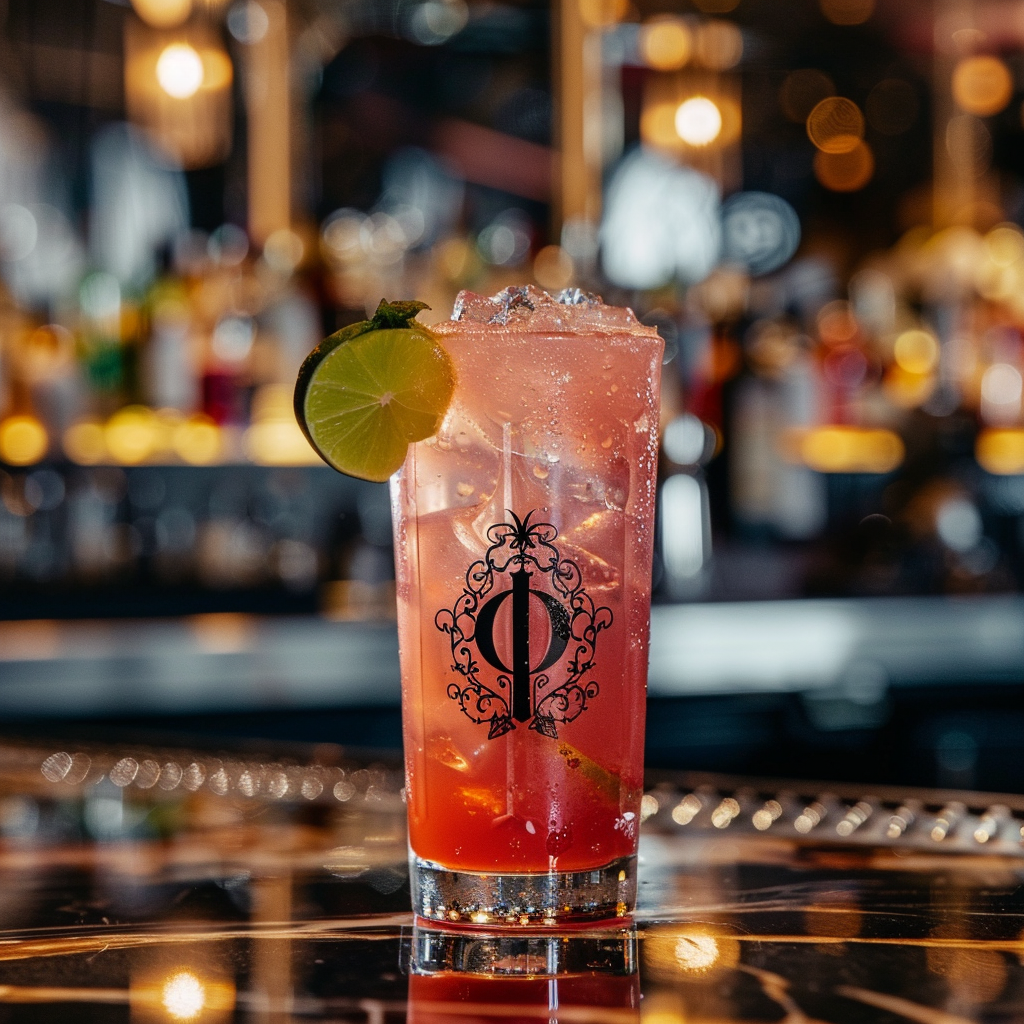The article “The Rise of the No- and Low-Alcohol Movement” has already hinted at it: the future belongs to drinks with minimal or no alcohol content. In light of the growing awareness of mental and physical health, the beverage industry is experiencing a wave of innovation that is also leaving its mark on cocktail culture.
At this year’s ProWein in Düsseldorf, it was hard to overlook how prevalent non-alcoholic options have become. The drinking culture is undergoing a transformation – it’s about adapting or creating entirely new, fascinating drinks. Taste plays a role, but visual presentation is also crucial. Attractively served cocktails in stylish glasses have long been more than a trend; they are a statement.
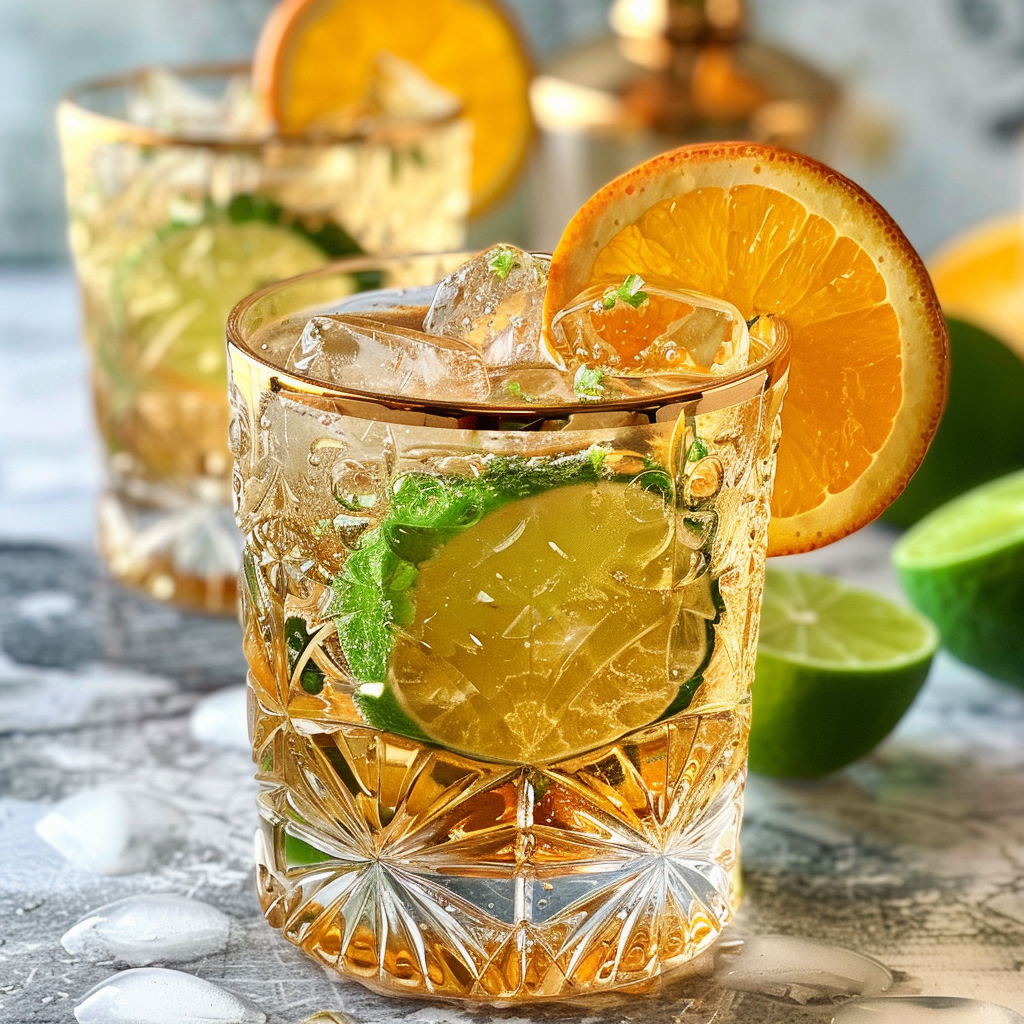
The Global Market is Heading Towards Non-Alcoholic Spirits
Speaking with bar owners, it quickly becomes clear: the demand for non-alcoholic cocktails is rising and will continue to grow in the future. Renowned brands like Martini, Captain Morgan, or Gordon’s confirm that non-alcoholic spirits now form an integral part of their marketing strategies.
This development underscores a growing longing for enjoyment that pleases both the palate and the eye, without compromising health. Thus, the trend towards non-alcoholic cocktail variations is not just a sign of the changing drinking culture but also of a new era of bar experiences that seamlessly blend taste and style.
The Top 3 Trendy Cocktails for This Summer
The Mediterranean flair of the Aperol Spritz, which has won the hearts of cocktail lovers since its major revival in 2020, has paved the way for an era of “Aperitivo” feeling. This summer, however, a new star is rising in the cocktail sky: the grapefruit. This citrus fruit promises to take the freshness and lightness of summer cocktails to a new level.
The trend towards Aperitivo is unbroken and constantly evolving. While the Aperol Spritz and Hugo were the initial sparks, there are now new creations that make the summer even more fizzy.
1. Tequila Spritz
This summer, the Tequila Spritz is the undisputed star at the bars. This cocktail brings a welcome variation to the usual fruity Spritz variants. Although orange and lime juice add some fruitiness, the distinct tequila is the actual protagonist, giving this drink its characteristic kick.
The perfect glasses for a Tequila Spritz
2. Limoncello Spritz
Venice may be known as the birthplace of the Limoncello Spritz, but its popularity has long since made international waves. As a refreshing and lighter alternative, this cocktail is often enhanced with a splash of Prosecco or sparkling water, making it the epitome of summery drinking pleasure.
The perfect glasses for a Limoncello Spritz
3. Pomelo Spritz
Not to forget is the Pomelo Spritz, which has become indispensable in London’s bars. Originating from Sweden, this fizzy long drink offers a fascinating mix of grapefruit and elderflower flavors. Enriched with Prosecco or sparkling water, the Pomelo Spritz promises an incomparably refreshing taste experience.
The perfect glasses for a Pomelo Spritz
Custom Glasses for Your Cocktails
Custom cocktail glasses, embellished through screen printing or digital printing, are not just an expression of style and uniqueness but also offer a series of benefits for bars and restaurants. They significantly contribute to branding by placing the logo or the special design of an establishment directly into the hands of guests. This enhances recognition and can increase customer loyalty, as guests are reminded of the unique experience in your establishment with every sip.
Furthermore, customization allows for a creative presentation of cocktails, enhancing the visual pleasure and elevating the overall experience for the guest. In an era where sharing photos on social media is ubiquitous, such individually designed glasses quickly become a coveted photo subject, meaning additional advertising for the establishment. Ultimately, customized cocktail glasses add a personal touch to any drink offering and distinguish the bar or restaurant from the competition.
